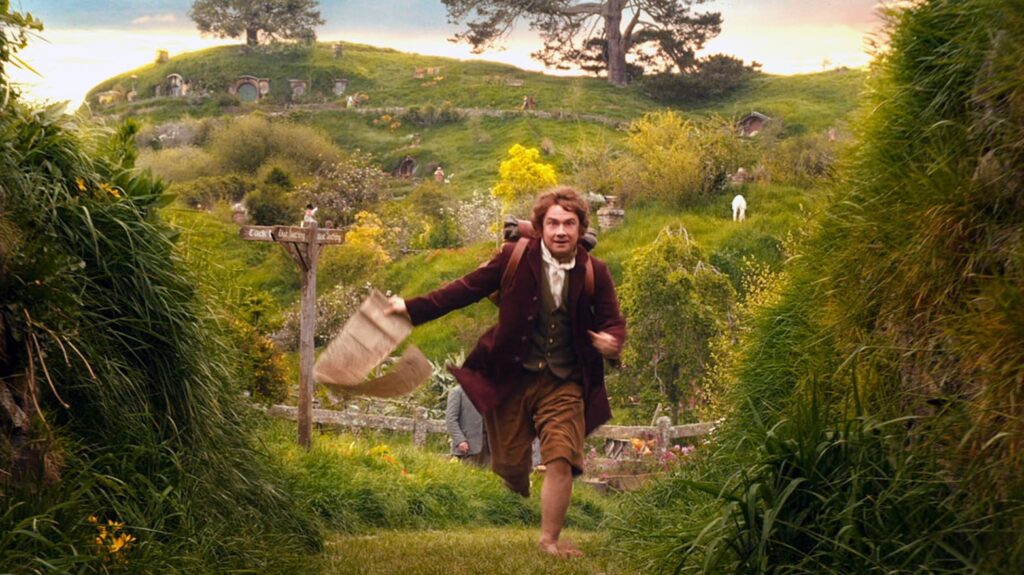This is about how we advance the teaching process in higher education
We all have had some sort of formal education. We have seen our syllabuses change from time to time and our textbooks get updated. But have you ever wondered how the teaching process evolves? Have you stopped to think if we teach the same way we were taught 20 years ago? Today, I will answer these questions and more.
I have been teaching for more than 15 years now. Today, I’m going to talk about an approach called Scholarship of Teaching and Learning, or SoTL. This is an emerging field that uses research-based findings to advance the practice of teaching in higher education.
How my story began

For more than a decade, I have been teaching economics and business administration for both undergraduates and post-graduates. These students came from programs such as Social Work Management and Health Care Management.
In my early days as a lecturer, I tried a few different things with them, and I was quite surprised at what methods worked and what didn’t. In some occasions, all I did was just adjust my pace of lecturing, in other words, I slowed down the speed at which I gave them the information. After evaluating the way students reacted to the changes, it would be an understatement to say that I was left amazed.
Fast forward a few years later, in 2018, I came across a higher education training program for university teachers. The aim of the project was to develop and implement a scholarship program for a teaching and learning project in one of my courses.
This was a huge opportunity for me. I was fascinated by how researching on my own teaching has improved my life as a teacher in ways I never would have on my own. I think its fair to say that it has literally changed the way I teach and interact with students.
What exactly is SoTL?
SoTL is a process undertaken by the university staff that includes the teachers, administrators, researchers, and sometimes students, to conduct a systematic inquiry into student learning in the classroom. They go public with the results once the project is complete.
SoTL is a huge opportunity for not just lecturers to improve themselves but also other professionals as well. It opens up an opportunity for these professionals to examine their own classrooms, record their successes and failures, and share their findings and experiences.
This helps others to reflect on our findings and build upon their won teaching and learning process.
Let’s dive in a little deeper
Peter Felton outlined five principles we should follow while carrying out a SoTL program. The principles are as follows:
- Student-focused inquiry — The inquiry needs to be focused on students. Learning should be broadly understood to include both disciplinary knowledge as well as the cultivation of habits and attitudes that connect to learning.
- Grounded in a specific context — Good practice is grounded in academics and local context. Scholarships are based on factual findings like practice-based literature and prior research. This is crucial for establishing a concrete foundation for the inquiry.
- Methodologically sound — Early practitioners of SoTL have struggled with methodological questions. Different disciplines incline faculty towards different questions and ways of collecting evidence of learning. Good practice in SoTL requires the application of research tools that connect questions to a particular inquiry.
- Be conducted in partnership with the students — SoTL must follow the basic tenets of human subjects research. That is we need to make sure the students are not harmed and that participants understand their rights before taking part.
- We need to go public — Good research needs to go public. SoTL is traditionally an iterative process, the most appropriate way to go public is to capture and reflect on the evolving nature of the research.
My SoTL Project
Alright, time for some big words. Don’t be intimidated by the title, I will guide you through the project simply.
The title for my SoTL project was “Problem-based Learning and Community Engagement: A Service-Learning-Project with Social Pedagogues about Civic Crowdfunding”.
Just a quick overview; I will introduce you to the context, question, methodology, and the results of the project.
The context
The inquiry took place in the summer semester of 2019 in the B.A. degree program, ‘Social Pedagogy and Management’. Students were tasked with developing a crowdfunding campaign with and for youths in a rural town near to the university.
In a nutshell, students were required to work with pupils from these rural areas, learn the necessary skills like project management, problem-solving, dealing with different stakeholders, and a citizen’s initiative.
Question
How does social pedagogy undergraduates develop problem-solving skills while participating in a service-learning project?
Methodological Approach
The sample for this project included 11 undergraduates in their 3rd year of whom seven were female and four males. All of them were enrolled in my Social Work Management Course.
The program included data collection where we used focus groups and participatory observations. An e-portfolio was also integrated as an assessment method at the end of the semester. Furthermore, the Critical Incident Technique (CIT) was used for collecting direct observations of human behaviour that have critical significance including positive or negative experiences.
All the data were then analyzed following the grounded theory and the cultural psychological analysis.
Results
The focus groups and participatory observations produced the following findings:
- Students already had some experience of working on similar projects and expected to acquire new practical project management skills.
- Students had various assumptions on problem-based learning in projects. These ranged from the application of the financing of social welfare institutions to reverse learning. Students were able to discover new topics of crowdfunding that exceeded their prior knowledge.
- Students described their requirements for supporting their learning process, the role of the teacher had to change from an instructor to mentor/coach.
The critical incidents (e-portfolios) brought to light a bunch of important findings:
- Stakeholders change of plans leads to frustration in the team: Sometimes, maybe an original plan cannot be implemented or has to be changed. This requires flexibility and close cooperation with the practice partners and all the shareholders to serve best the clients’ needs.
- Unequal participation in team process and mediation of conflicts: The knowledge of the composition of groups is a necessary prerequisite for the understanding of how team processes work and how reactions of some group members could be evaluated.
- Effective coordination between different groups and team members: Students also reflected on the struggles during the cooperation with fellow students and few experienced a lack of orientation and felt even excluded because their doubts have initially not been taken for granted.
- Acquiring practical knowledge about social work management: Besides the acquisition of theoretical knowledge about the different ways of financing projects in human service organisations, students also developed their entrepreneurial skills and leadership competencies as social workers during the project.
Conclusion
This project helped me to better understand the individual student learning process. The project also helped students to develop their practical knowledge and transferable skills.
All the information that was collected during the project is now part of an extensive inventory that I am going to use as a teaching resource for future projects, courses, and lessons. In short, SoTL has changed the way I teach.
“To teach is more or less a craft that needs craftsmanship.”
This post has been published recently on medium.com

